Autism spectrum disorders (ASD) pose some unique challenges every day, though these can be magnified when you’re placed into a high-stress environment like college. Studying for a degree requires a large amount of commitment, organization, and focus, with extended periods of studying being the norm. If all of this sounds like a challenge to you as a student with autism, well, you’re not alone.
With the rate of autism across the U.S. increasing, there’s a definite need for the education system to create autistic-friendly programs that provide support for students like you. Thankfully, there are an increasing number of colleges providing such courses every year. So, we’ve put together a list of the best colleges for students who have autism. If you’re looking for a college program for students with autism spectrum disorders, then take a look at our roundup below.
Unique Challenges Facing Students With Autism
You know your disability better than anyone, but you may not be used to the intense workload and focus needed to complete a university degree. College or university-level study is intense and requires a long period of focused study, which may be completely new to you; it’s not on the same level as what you’ve experienced in high school. We’ve collated some information directly from online blogs and other student reports to illustrate some of the unique challenges that students with autism face when studying for a post-secondary course of education:
Organization and planning
Studying for a college-level degree needs a lot of organization and planning. You’re going to need to keep records of all your work so that you can study for exams or other assessments. You’ll need to complete work when it’s due and manage multiple, potentially conflicting, deadlines. You’ll need to plan ahead to make sure that you allow enough time to complete all your work so that you don’t miss those deadlines.
Attention span
You’ll need to pay close attention and take comprehensive notes during lectures if you want to absorb the information needed. You’ll also need to prepare for examinations, which will include focusing for long periods of time during revision sessions. These tasks can be difficult without a strong attention span, which is a common issue for students with autism.
Socialization
Socialization is said to be one of the key issues for people living with autism, so this might sound familiar to you. But college campuses are one of the busiest environments you could find yourself in as you progress through your education. Unless you choose to study remotely from home, you’ll have to handle being around many more people than you may be used to—and potentially live with a complete stranger as your roommate!
Anxiety
Anxiety can be triggered by a lot of different factors, including having many expectations and responsibilities placed on you, being in busy, noisy environments, and facing unfamiliar scenarios that you don’t know how to handle. Unfortunately, college combines all of these things into one big melting pot, which can make handling anxiety a particularly difficult task.
Thankfully, all of the colleges and universities that we’ve listed in this article provide some form of support for students with autism, including skills-based training sessions that take place regularly. These sessions will help you to learn the above skills so that you can thrive on your campus and be able to focus on your studies.
The Best Colleges and Universities
Additional support for autism students comes in different forms. Some institutions offer more choices around housing, like the ability to live alone rather than with a roommate. Others provide career preparation, personal skills development, and social skills training. Many of these institutions also arrange leisure activities that are specifically reserved for students with autism who are facing the same challenges. The following 25 colleges and universities offer some of the best support we’ve found for autism students. We’ve ranked them in order of their tuition and support fees, making those at the top of the list the best value.
1. Bellevue College, WA

Some of the courses at Bellevue College are specifically designed for students who are on the autism spectrum. Their specialized program, Autism Spectrum Navigators (ASN), runs courses alongside your usual college classes that focus on personal development. These include career preparation and the development of essential life skills, such as communication, stress management, socialization, and so on. In addition to support from teachers, there are peer mentors to guide you through your time on campus; they’ll be on-hand to provide one-on-one support.
2. University of West Florida, FL
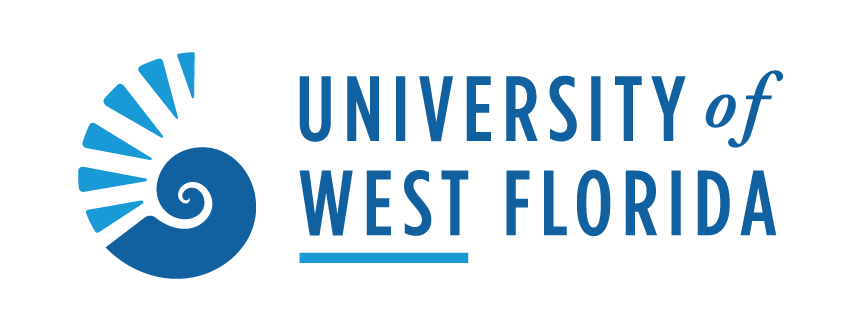
At the University of West Florida, there’s an Argos for Autism program that provides one-on-one coaches for students on the autism spectrum. These coaches help with the transition to college life, with career support, and with academic planning. What’s more, if you’re a student with autism, you can take advantage of an early move program, which allows you two additional adjustment days filled with activities. If you choose to use this program, you’ll arrive on campus early; this is a great way to familiarize yourself with the new campus before other students arrive, and potentially to make new friends.
3. Marshall University, WV

On campus at Marshall University is the custom-built Autism Training Center, a support unit that provides incredible, tailored support to students with autism. Due to the facilities, it does cost a little over $3,000 per semester to secure admission. However, you’ll have daily meetings with a personal advisor, who will help you to set and hit goals, and manage your studies. They’ll also help you to connect with social events across the campus and encourage your success in the classroom. While support is available at most U.S. colleges and universities, it’s rare you’ll come across anything as comprehensive as this.
4. Midwestern State University, TX
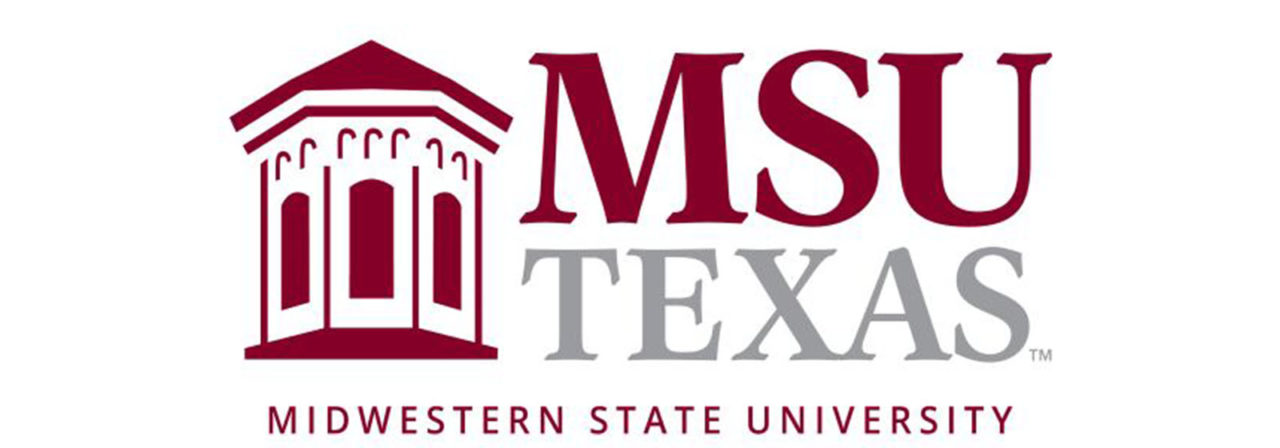
Some students with autism find living in campus dorms difficult, because of both the disruptions and the emphasis on socialization. At Midwestern State University, Texas, as a student with autism, you’ll have the choice to live in a designated house on the campus that also houses two peer mentors. Between classes, these mentors will help you to develop important life skills that will set you up for success at college. If you need additional support, they’ll also connect you with staff members who can provide it.
5. Eastern Michigan University, MI
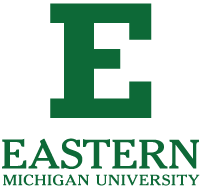
The College Supports Program at EMU is one of the priciest support programs around, but not without good reason. Like the Autism Training Centre at Marshall University, students with autism are given a broad support program that offers one-to-one support in every facet of student life. This includes time management, organization, nutrition, and hygiene. You’ll receive personal support from members of the faculty, as well as counselors and other students with autism who have faced the same challenges you may be dealing with.
6. University of South Florida, FL
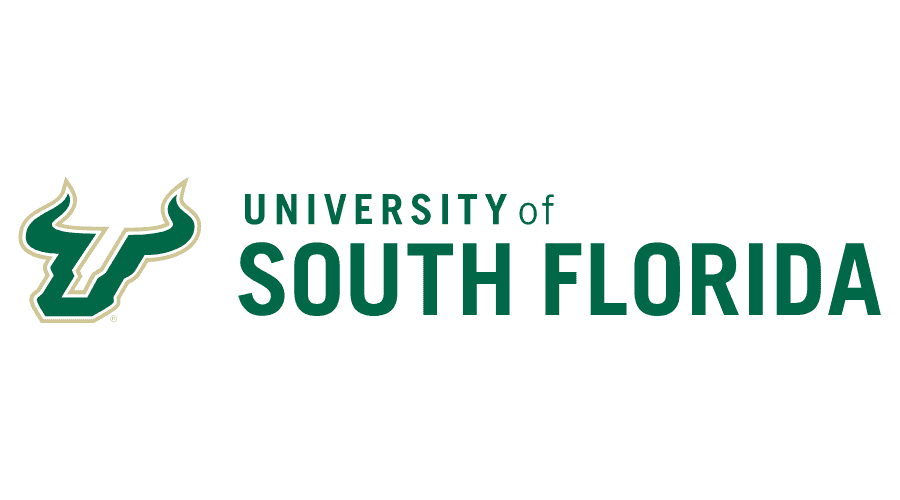
At the University of South Florida, autism support focuses on the development of essential professional skills, with an emphasis on connecting students to potential job opportunities. Each student with autism is paired with a mentor and takes part in classes geared towards finding employment. These sessions involve roleplays, group discussions, and self-reflection, all of which help to improve communication and social skills. While this autism program isn’t residential like some of those we’ve highlighted above, you can enroll in the program without needing to take any additional college courses.
7. Kent State University, OH
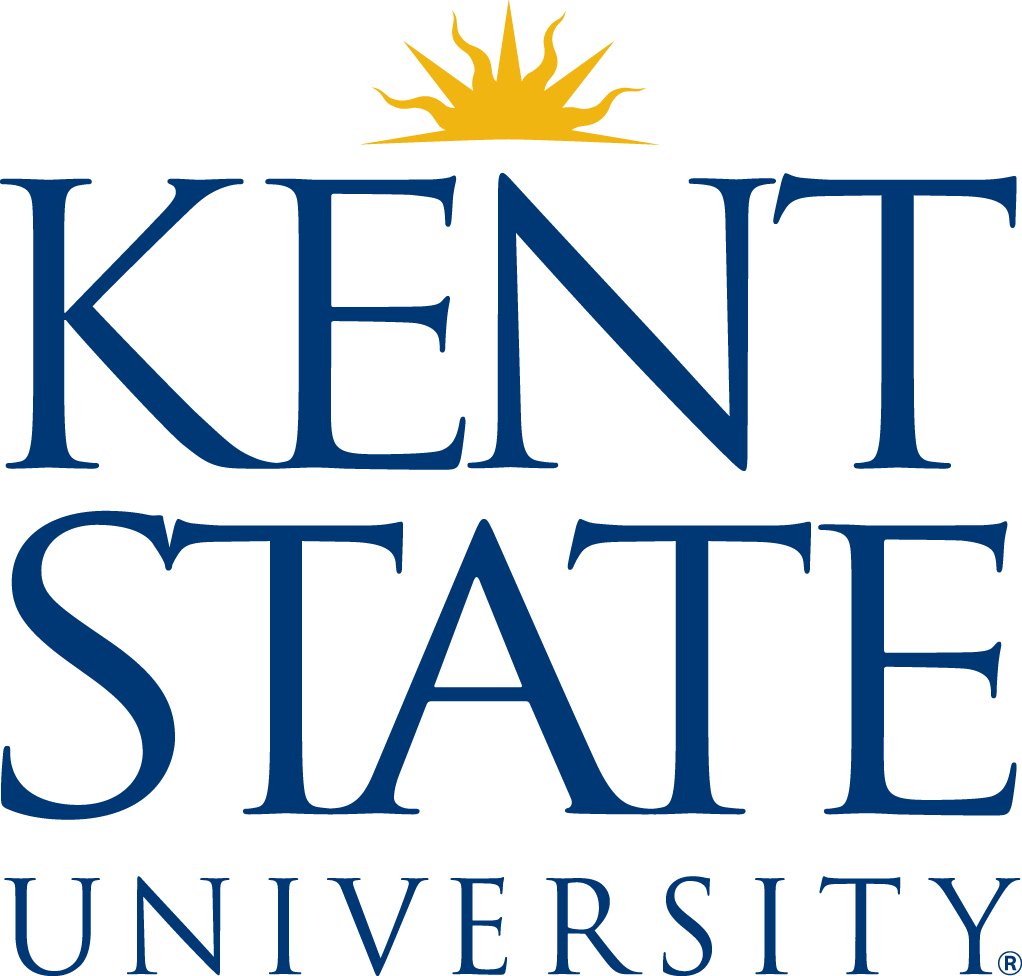
There are two programs in place at Kent State University to support students with autism. The Autism Advocates Program focuses on the development of personal and academic skills needed for success at college. Alternatively, the College Success for Students with Asperger’s or Autism program provides academic support, career assistance, and self-advocacy teaching. The third program is known as PALS, or Partnering for Achievement and Learning Success. This program pairs you with neurotypical students to improve your social skills.
8. Western Kentucky University, KY

The Kelly Autism Program at Western Kentucky University has been operating for around two decades. If you enroll in their support program, you’ll be supported in coming up with a personalized education plan, as well as receiving regular guidance as you work towards it. You’ll be assisted by a mentor along the way, who will help you to adjust to life on campus, while being mentored in how to organize and prioritize. If you’re enrolled in this program, you’ll be expected to attend four mandatory study sessions each week—but they’re set up to help you succeed. You’ll also be encouraged to take part in regular social and community group activities.
9. Edinboro University, PA

The Boro Autism Support Initiative for Success Program, or BASIS, sets students up with peer mentors and professional coaches. This support network provides mentoring and specialist services, including special accommodation for both classroom and examination settings. Additional skills training is also available. As part of the program, your supporting mentors and coaches will work with you to identify any help you made need in academics, communication, daily living, careers readiness, and socialization.
10. Texas Tech University, PA

Based at Texas Tech University, the Burkhart Transition Academy provides additional support for students with autism who need help in reaching their education or career goals. The program lasts for three years and involves classes designed to improve your social skills, general life skills, and essential career skills. There are also other courses geared towards healthy living, including nutrition, fitness, and hygiene. In addition to the student support services, Burkhart runs annual events that are designed to improve awareness around autism, such as the Burkhart Walk for Autism Awareness. There’s also Camp Burkhart, a summer day camp for children with autism, which provides enrichment activities and teaches social skills. This truly is a university that cares about increasing disability awareness.
11. University of Alabama, AL
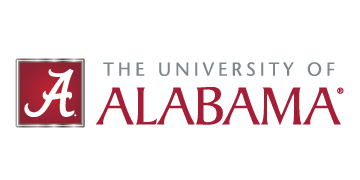
This university’s College Transition and Support Program combines personal and academic skills training from peers, the faculty, and trained clinical psychologists. Additionally, their Autism Spectrum Disorders Clinic is part of the Regional Autism Network (RAN), which means they are one of the five key autism resource hubs in the state of Alabama. RAN clinics are funded by the Department of Mental Health and run by experts in the field, meaning that support offered to students with autism here is some of the best in the state.
12. Rutgers University, NJ

On the Rutgers University campus, you’ll find the Douglass Developmental Disabilities Center (DDDC). If you’re particular about the kind of people you want to live with when you go to college, then this could be the institution for you. The DDDC provides numerous accommodation options to autistic students, including the option to live in a single room without a roommate. Students are supported by weekly meetings, and assigned a peer mentor. Your mentor will help you in locating support services, social activities, and clubs.
13. University of Connecticut, CT

A program called SEAD, or Strategic Education for Students with Autism Spectrum Disorder, offers students with autism a support system right from the start. You’ll be linked to members of staff who will be instrumental in your college support system. Key skills you can develop through this program include those important for finding meaningful employment and developing social relationships.
14. Western Michigan University, MI

If you’re keen on familiarizing yourself with campus before the year begins, then Western Michigan University’s campus might be right for you. Their Autism Services Center allows enrolled students with autism the option to arrive several weeks before the rest of the students. This gives you time to get used to your new living and learning environment. During this time, you’ll also be expected to take on a part-time work-study role, which will help you to develop key career, social, and time management skills.
15. University of Montana, MT

At the University of Montana, students with autism can get involved in the ‘MOSSAIC Program’ (Mentoring, Organization, and Social Support for Autism Inclusion on Campus). This program is made up of five core approaches, including Peer Mentoring, Social Evenings, Ed Ready Support, and Academic Support. The fifth aspect is Direct Speech Language Therapy Services, with trained professionals offering extra help to students who have trouble with language and speech skills. If you feel like you’re one of those students, then the University of Montana’s program could be perfect for you.
16. The University of Idaho, ID
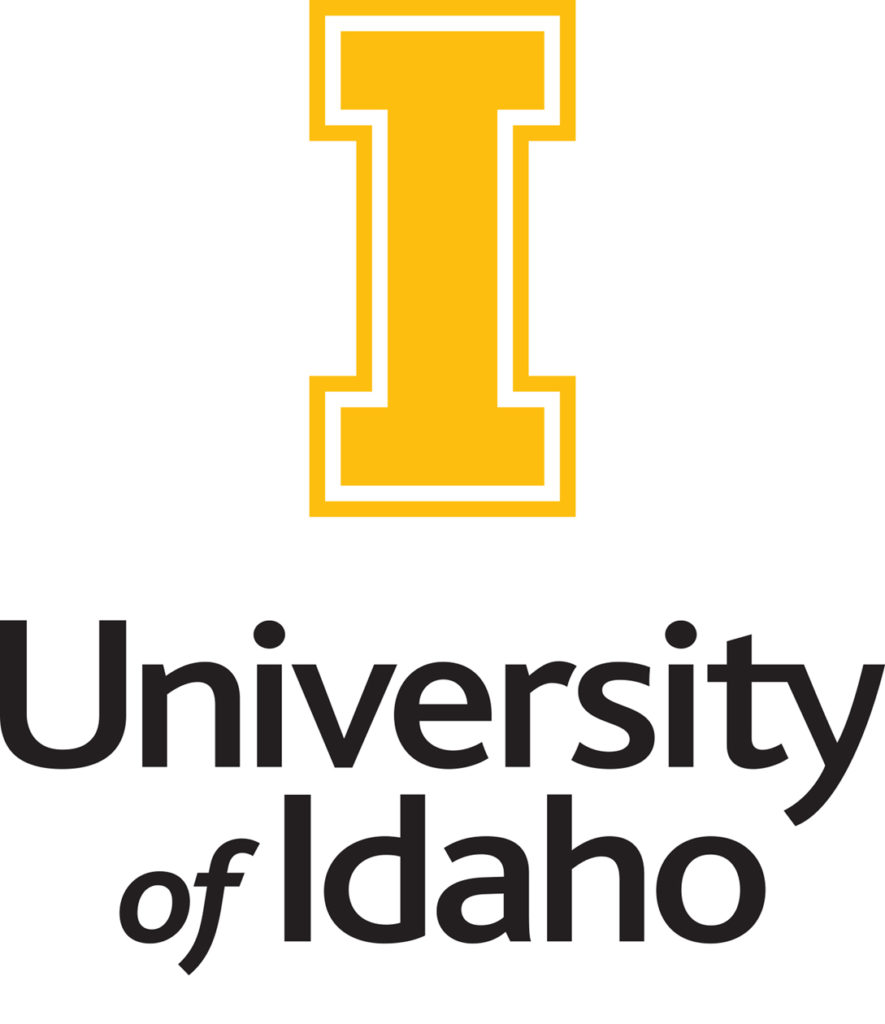
The University of Idaho’s specialized program for autism students is called ‘The Raven Scholars Program’. As part of this program, you’ll be involved in study groups and mentoring, and have routine meetings with faculty members for support. There are classes focused purely on life and social skills, too. This institution is also the base for the Autism Spectrum Alliance, who schedule regular social activities and volunteer positions that are designed to increase awareness of autism spectrum disorders (ASD) as a disability.
17. Defiance College, OH
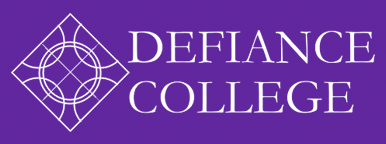
When you join the ASD Affinity Program at Defiance College, you’ll be part of a program that focuses on three key areas: residential support, academic greatness, and personal and social growth. While the program is structured in this way, it also provides services customized to your unique needs. At the start of each year, the college prepares a personal evaluation with your input; you’ll meet with the faculty and discuss your progress, creating goals for the following year. What’s more, you’ve got access to dedicated apartments on campus with resident assistants (RAs) on-hand to provide additional support with non-academic needs.
18. Eastern Illinois University, IL
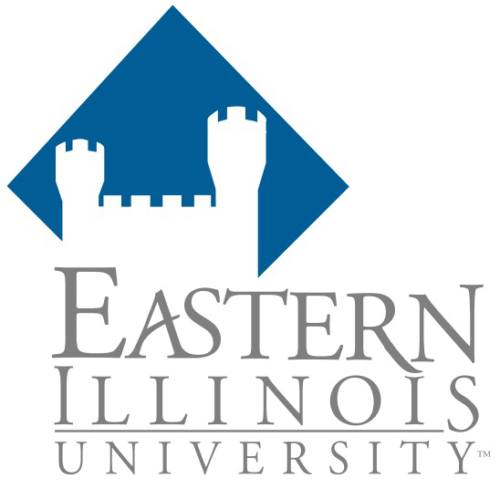
Eastern Illinois University is another institution offering students with autism the chance to live in a single room without a roommate, as well as an early move-in date when needed. Once on campus, you’ll be able to join the STEP Program (Students with Autism Transitional Education Program), which focuses on providing extra support in three key areas: academic, social, and daily-living—or ASD for short. Enrollment into this program is limited to just 20 students, and you may stand a better chance of acceptance if you attend an interview with the team that administers the program.
19. Loras College, IA
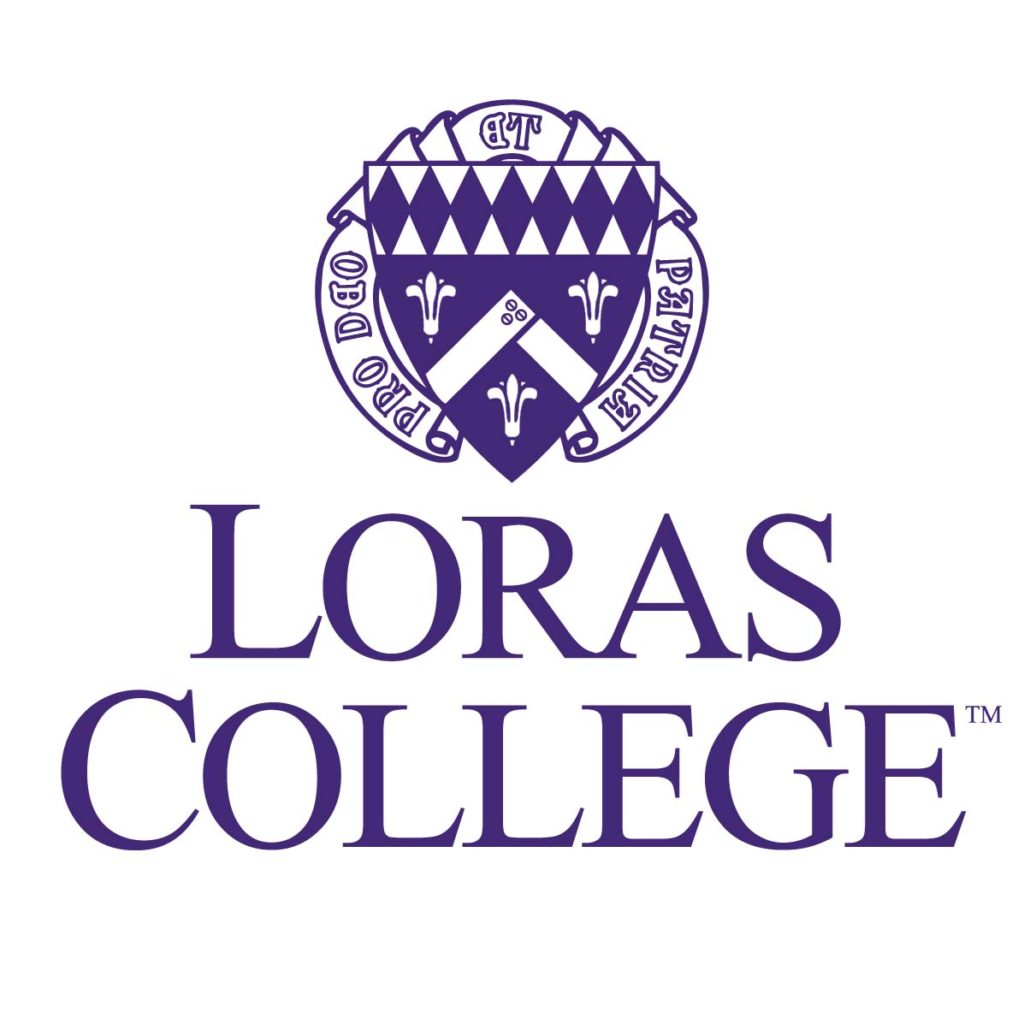
Based at Loras College, the Lynch Learning Center provides three tiered levels of services for students with disabilities. One level is tailored for those with autism: the autism specific program, known as Autism Resources for Career and Higher Education, or ARCH for short. Students accepted into the program will work directly with members of the faculty who are Certified Autism Specialists. With their support, you’ll develop skills in organization, stress management, self-advocacy and social skills, and receive help with your resume and career preparation. Weekly and bi-monthly support meetings help keep you on track.
20. Eastern University, PA
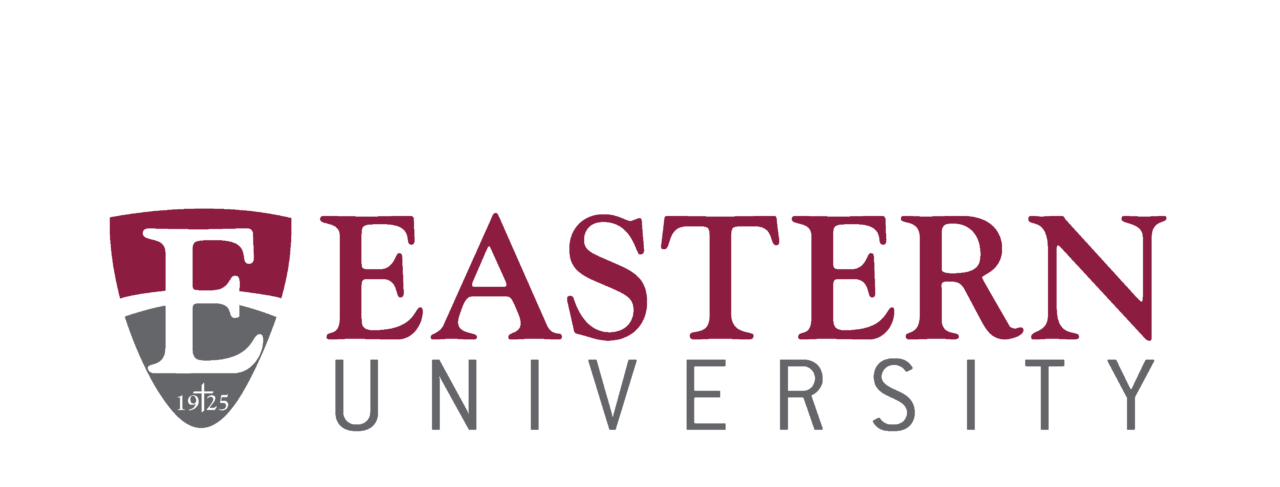
The College Success Program (CSP) is tailored to the unique needs of students who have ASD and are studying at Eastern University. The center running the program has close links to disability services, tutoring services, and the campus writing center. It also provides ASD-specific training and information to the university’s faculty, enabling staff to understand how best to support you in your studies. Through the CSP, students with autism are given targeted support and knowledge, with weekly meet-up sessions and residence hall support, too.
21. Mercyhurst University, PA

The Autism Initiative at Mercyhurst (AIM) has a range of enhanced services available for enrolled students who have autism. Students in the AIM program receive priority consideration for specialized housing with their own housing coordinator. It matches individuals of similar social aptitude and experience, as well as providing activities and skills-based learning. You’ll also have weekly assessment meetings, plus peer mentoring where you’re paired with a specific mentor based on your needs assessment. The program offers a whole lot more too, with skill development sessions, social opportunities, access to optional meal arrangements, and access to professionally certified faculty.
22. Saint Joseph’s University, PA

Students with autism can benefit from the ASPIRE program if accepted at Saint Joseph’s University in PA. The program offers individual case management and crisis intervention as its core, whilst also teaching time management, social skills, and how to live independently. As with many of these universities, you’ll receive peer mentoring to guide you through your skills development, and you’ll have access to dedicated events and retreats.
23. Fairleigh Dickinson University, NJ

The COMPASS program is offered to a limited number of students each year who have high-functioning ASD (or Asperger’s). Available at both campuses, the program aims to help you realize and utilize your existing strengths, both inside and outside of the classroom. You’ll also develop new skills and work towards a higher level of independence. If you’re accepted into the COMPASS program, you’ll arrive before the start of the academic year and meet your fellow freshmen, as well as receive an orientation to the program.
24. Drexel University, PA

The Drexel Autism Support Program (DASP) is geared toward promoting social and academic competency, with personal development skills, independent living training, and social integration at its core. The university aims to help students with autism prepare for their life after college, including career preparation. You’ll receive one-to-one peer mentoring, tailored workshops that focus on employability and socialization, and arranged activities.
25. Boston University, MA

Strategic Education Services (SES) at Boston University help all students with special needs to hit their goals while in college. Alongside weekly support sessions, SES can refer you to other resources both on and off campus. They’ll help you to develop better time management, planning, organization, and study skills. As one of the top institutions in the U.S. for autism research, Boston University is well-positioned to support you in your new life on campus.
The Best Online Colleges and Universities
It’s no secret that larger campuses are generally much busier and noisier than smaller institutions, which is why it’s often recommended that students with autism study at smaller institutions closer to home. This can help to reduce external pressure and distractions, making it easier for you to focus and study. Alternatively, you could take a distance-learning course online and work from home, utilizing your existing support network and quiet home environment to help you have the best chance of success.
In addition to the best colleges and universities that we’ve listed above, we’ve also rounded up a list of the best online colleges and universities for students with autism. Even if you’re not living on a college campus, it doesn’t mean that you’re excluded from receiving specialist support for your disability. While there are a couple of new entries to this list, most of the schools we’ve detailed below are the same as those that topped our list of the best college campuses for students with autism.
The difference in this list is that rather than ordering them in ascending order of tuition fees, as we did with the above colleges and universities, we’ve instead ranked them from 1 to 20 using their freshman retention and graduation statistics, as taken from the National Center for Education Statistics. So, take a look at the institutions below, all of which offer distance learning—for those we’ve already mentioned, we won’t delve into any detail.
- University of Connecticut, CT
- Rutgers University, NJ
- Saint Joseph’s University, PA
- Drexel University, PA
- University of South Florida, FL
- University of Alabama, AL
- Adelphi University NY: Located in New York, this university has received numerous accolades from the Fiske Guide to Colleges and The Princeton Review, as well as other organizations. Their Bridges Program for students with autism is an opt-in service for enrolled students, which provides support and employment transition services.
- Grand Valley State University, MI: At GVSU, there’s a Campus Links program, which provides peer mentoring to students who have ASD. While one aspect of the program is tailored for students with autism that are studying on campus, the Campus Links Blue program is specifically tailored to non-residential students who have not committed to living in dorms or on campus, so you’ll still have support as a remote learner.
- Texas Tech University, PA
- Kent State University, OH
- The University of Idaho, ID
- Western Michigan University, CT
- Fairleigh Dickinson University, NJ
- Eastern Illinois University, IL
- Nova Southeastern University, FL: Nova Southeastern University runs the Access Plus Program, which provides social, academic, and residential support services, as well as career preparation. You’ll also have an individualized program created for you so that your specific needs are addressed as part of your time at the institution.
- University of West Flora, FL
- Marshall University, WV
- Western Kentucky University, KY
- Eastern Michigan University, MI
- University of Montana, MT
Scholarships for Autism Students
While students with autism can apply for federal student aid using the FAFSA, just like any other student, there are additional ways that you can apply for funding. Some organizations offer scholarships specifically for students with disabilities, meaning that if you apply for one of these specialist scholarships, you won’t be facing any competition from non-disabled students like you would if you applied for a general scholarship. These awards do not need to be repaid, so they won’t increase the student loan debt that you have when you graduate from college or university.
We’ve rounded up a list of 22 scholarships for autism students that you can apply for, providing you meet the eligibility criteria. In most cases, this means providing evidence of your diagnosis, a written personal statement, and letters of recommendation to submit alongside your application. While it might seem like a daunting prospect to gather all this information, the money offered by many of these scholarships could be enough to cover the costs involved in joining one of the specific autism-focused programs made available by the institutions that we’ve listed above. Remember, it’s common for these programs to be charged separately from the cost of your yearly college enrollment tuition.
- Fred J. EpsteinYouth Achievement Award
- The Disability Awareness Scholarship
- The Google Lime Scholarship
- The Adults with Autism Scholarship
- Autism Society of Iowa Chapter
- Incight Educational Scholarships
- P. Buckley Moss Endowed Scholarship
- Disability Scholarship Program
- The NBCUniversal Tony Coelho Media Scholarship
- The Jacob Trotter Memorial Scholarship (Wisconsin only)
- The KFM Making a Difference Autism Scholarship
- The Lisa Higgins Hussman Scholarship
- Schwallie Family Scholarship
- Kelly Law Team Autism Scholarship
- Mays Mission Scholarship
- Avonte Oquendo Memorial Scholarship for Autism
- AAHD Frederick J. Krause Scholarship on Health and Disability
- Allegra Ford Thomas Scholarship
- Anne Ford Scholarship
- BMO Capital Markets Lime Connect Equity Through Education Scholarship
- Science Graduate Student Grant Fund
- Will Rogers Memorial Scholarship Fund
Other College Funding for Autism Students
While we’re listing this second, after the above scholarships, it should really be your first port of call when it comes to funding your education. We’re talking about the FAFSA, otherwise known as the Free Application for Federal Student Aid. Funding from the government comes from a pool of around $120 billion, which is set aside each year solely for student support. The FAFSA applies to both students with autism and those without disabilities, and submitting an application can land you grants, low-interest student loans, or work-study funding.
You can submit an application for federal aid simply by visiting this link, though be wary that it’s a long process, which will require a range of information about you and your financial situation—including taxation. As the name suggests, it’s completely free to apply and there are several reasons why you should:
1. You could receive grants you don’t have to repay
Student loans are available as part of federal student aid, but they’re not the only source of government funding. Your FAFSA could lead to a Federal Pell Grant or Federal Supplemental Educational Opportunity Grant (FSEOG). Unlike student loans, neither of these grants has to be repaid after you finish your education.
2. You may be eligible for other funding
When you submit a FAFSA, the information you provide isn’t only used to determine your eligibility for financial help from the government. Colleges and universities across the United States use this information to determine your eligibility for other funding, such as scholarships and grants offered by specific institutions. If you don’t submit the FAFSA, then you could be missing out on a source of funding that might not even need to be repaid after graduation.
3. You could lose funding if you don’t re-apply
Once you’ve been granted funding, you’ll have to ensure that you complete the FAFSA before the start of each academic year, for the duration of your studies. If you don’t, then you may lose any funding for that year. You’ll have to remain enrolled at a university or college, and continue to progress to the next year of your program in order to continue qualifying.
Preparing for Employment After Graduation
One of the key skills that these colleges and universities will impart upon you is career preparation, which will help you get ready for entering the workforce once you’ve graduated. Actually, all of the important skills they teach interrelate in one way or another; part of preparing for a career is understanding how to live and thrive independently, which is another skill that many of these colleges and universities will help you with.
Starting a career, whether it’s your first job or not, is always a completely new challenge and will push you out of your comfort zone, just like entering post-secondary education for the first time. So, while it may seem a little premature if you’re just starting out in your search for a school program, here are some tips on what to expect after graduation.
1. Attend as many skills-building classes as you can
A new theory in autism research is known as ‘critical mass’, which refers to the true mastery of a skill. This means having enough information to succeed in specific situations or activities. When you have autism, you’ll normally benefit from specific instruction in skills like basic living, socialization, and communication. This is why it can be particularly difficult to move from education to employment if you have an ASD. If you’re paying tuition—and potentially extra fees for autism-specific curriculums—then you should make sure you take advantage of as many opportunities as possible while you’re enrolled. Consider activities outside of the campus, like social skills training, hygiene and cooking classes, leisure activities, and more.
2. Consider volunteering
Remember those skills we talked about above? Volunteering can provide an extra way of building on those, especially in areas like socialization. When you take on a volunteer position, you’re bridging the gap between education and employment with less risk to yourself. It’ll help you to feel more comfortable working in the community with a wide variety of personalities. It could also help you to focus on a skill or interest that you’re interested in, and meet like-minded people who share your personal passion. And who knows, you might discover your preferred career!
3. Motivate yourself
Many people are money-motivated, which can drive a lot of career decisions. However, the same isn’t always true for everyone, including those with autism. Sometimes, it helps to focus on what earning money can do for you and your life outside of work. Even if you’re not heavily invested in the idea of earning money, you can think more about the interests and passions you have, and how earning money for yourself will enable you to further those interests in your free time.
4. Work on your resume and job interview skills
Putting together a resume yourself can be tricky. Again, most of these colleges and universities offer resume or job interview support. Those institutions that do will be able to help you shape your resume so that it’s prepared to submit to employers when you finish your education, and some will help you with the skills you need to succeed in a face-to-face interview.
If you’re offered skills training focused around job preparation, then consider getting involved. If it’s not offered to you, you should still ask your peer mentors or counsellors whether these sessions are available on your campus. You could also ask for help from friends or peers that you’ve gotten to know, as everybody is in the same boat when it comes to seeking employment after graduation.
Summary
While applying for post-secondary education and adjusting to life on campus might seem daunting to you as a student with an ASD, it’s important to remember that everybody faces the same anxieties. Every student graduating from high school will have some level of uncertainty with what to expect and how well they’ll adjust to life at college.
Of course, you know your disability and the kinds of challenges you’re likely to face, and they may be more difficult than those of a student without a disability. But there are a vast number of colleges and universities available across the U.S. with additional training and support built specifically for you. Most come with additional fees, but there are many autism-specific scholarships that will help you to cover the costs if you qualify.
The important thing to remember is to immerse and involve yourself in any courses that are made available to you. You might be tempted to steer clear of group and social activities, but part of the college experience is getting involved in new experiences and as a student with an ASD, these could help you more than you realize.
OCR Staff
Related: